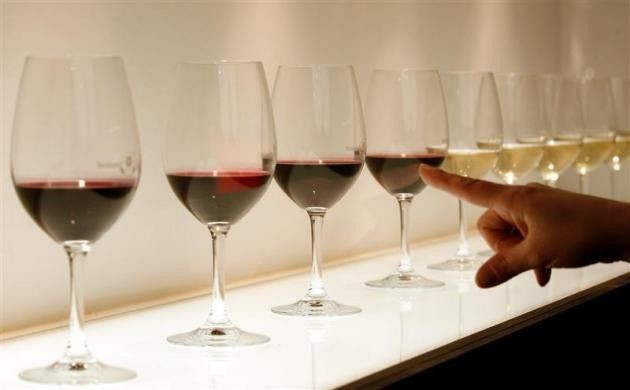Mutation Stops Worms from Getting Drunk: New Treatment for Alcohol Addiction

In an interesting study researchers have successfully produced mutant worms which refuse to get intoxicated by alcohol, this advance may surely lead to development of new drugs to treat alcohol addiction.
Scientists from University of Texas at Austin made mutant worms by inserting a modified human alcohol target into the worms.
"This is the first example of altering a human alcohol target to prevent intoxication in an animal," said corresponding author, Jon Pierce-Shimomura. The result got published in The Journal of Neuroscience.
One important feature of this modified alcohol target, a neuronal channel called the BK channel, is that the mutation affects only its response to alcohol. The BK channel is known to regulate many important biological functions that include activity of neurons, blood vessels, respiratory tract and bladder. This built up alcohol-insensitive mutation does not disrupt these functions at all.
"We got pretty lucky and found a way to make the channel insensitive to alcohol without affecting its normal function," Our findings provide exciting evidence that future pharmaceuticals might aim at this portion of the alcohol target to prevent problems in alcohol abuse disorders," said Pierce-Shimomura.
In this study, Caenorhabditis elegans was used. Alcohol induces slowing down of their crawling with less wriggling sidewise.
The intoxicated worms can't produce eggs; the eggs in turn get accumulated in their bodies and can be counted.
The modified human BK channel was produced based on a mutation discovered by lead author and graduate student Scott Davis and inserted into mice. These modified mice would allow scientists to figure out through future investigations whether this particular alcohol target also affects tolerance, craving and other symptoms as far as humans are concerned.




















